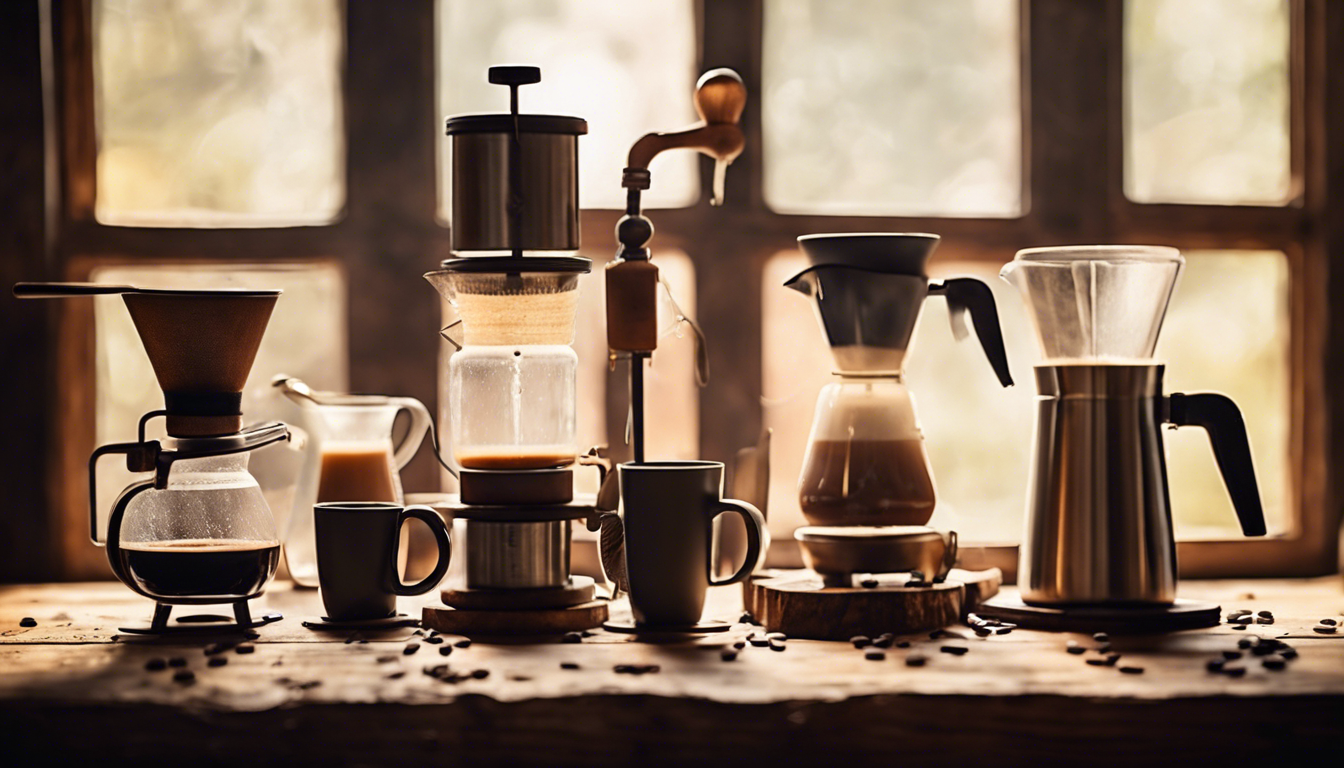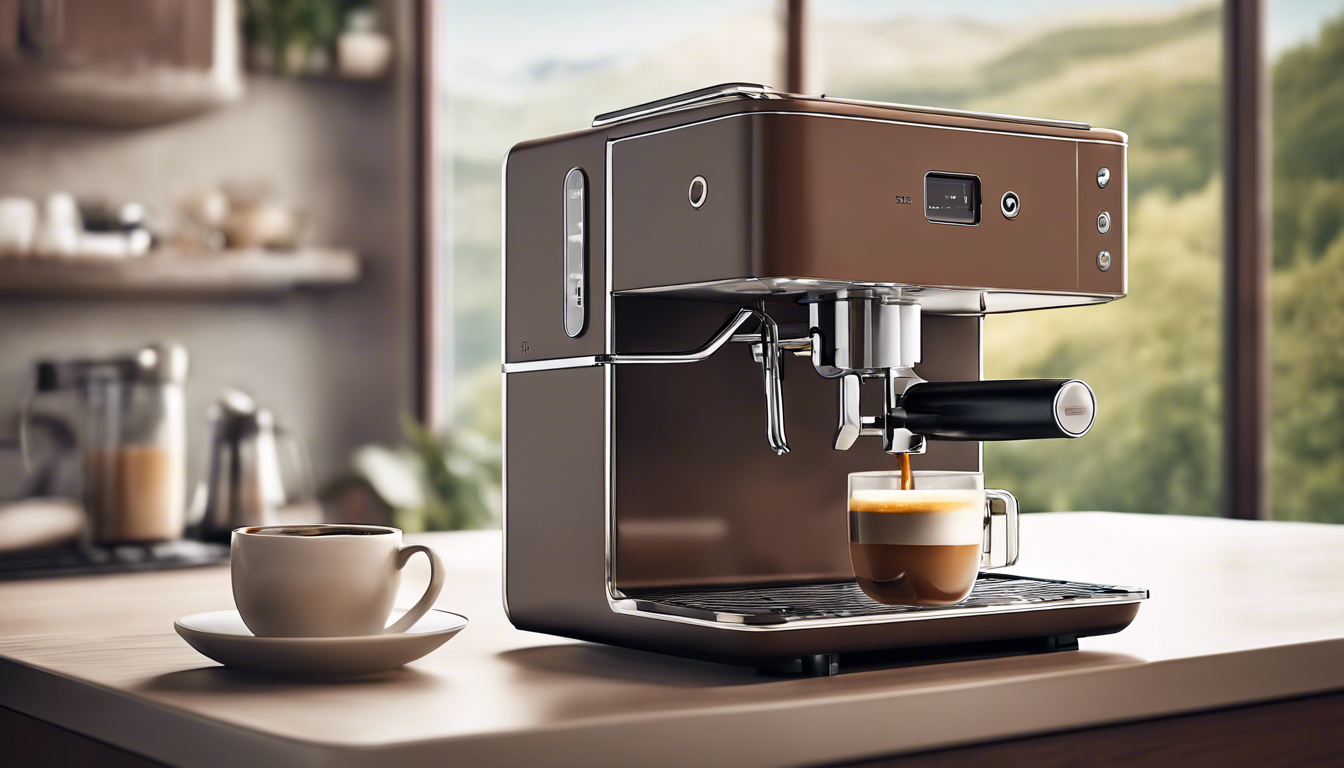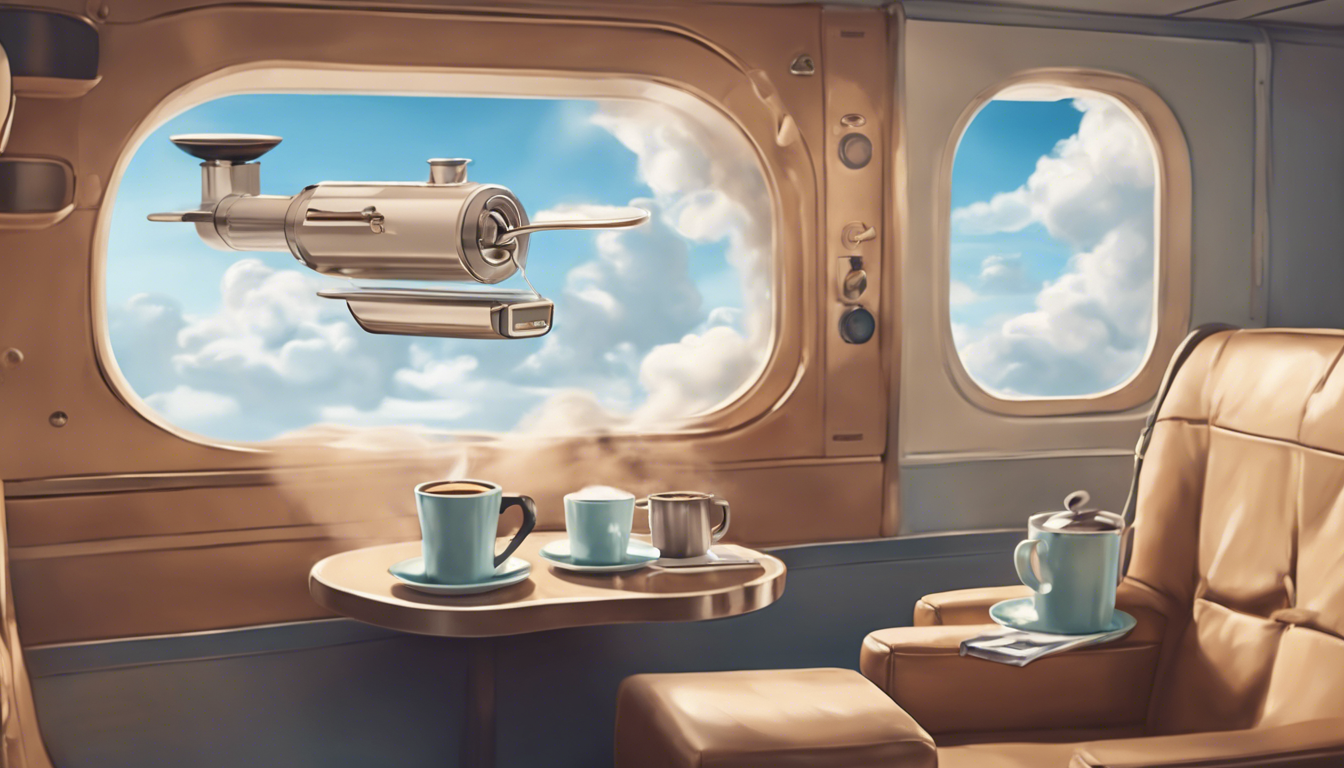Understanding the Caffeine Content in a Shot of Espresso
If you've ever wondered how many mg caffeine in shot espresso, you're not alone. With espresso being a popular go-to coffee choice for many, knowing its caffeine content is essential, especially if you're keeping track of your caffeine intake. So, let's explore the world of espresso and its caffeine punch.
What is Espresso?
Espresso is a strong coffee beverage brewed by forcing hot water under pressure through finely-ground coffee beans. Its rich and robust flavor makes it a favorite among coffee aficionados worldwide. Typically served as a shot, espresso serves as the base for many other popular coffee drinks like lattes, cappuccinos, and Americanos.
How Many Mg of Caffeine in a Shot of Espresso?
A single shot of espresso, which usually measures around 1 ounce (30 milliliters), contains approximately 63 mg of caffeine. This amount can vary slightly based on several factors, including the coffee bean variety, brewing time, and preparation method. A double shot, naturally, would contain about 125 mg, effectively doubling the caffeine content.
Factors Influencing Caffeine Content
- Bean Type: Different coffee beans have varying caffeine levels. Robusta beans generally possess more caffeine than Arabica beans.
- Roast Level: Despite popular belief, darker roasts tend to have slightly less caffeine than lighter roasts due to the roasting process.
- Extraction Time: The longer the coffee grounds are in contact with water, the more caffeine is extracted.
Comparing Espresso with Other Coffee Types
While espresso packs a powerful punch in terms of caffeine concentration, it is important to compare it with other coffee beverages. A standard 8-ounce cup of brewed coffee generally contains about 95 mg of caffeine, making espresso more concentrated per ounce. However, espresso is often enjoyed in smaller quantities, offering a quick caffeine boost without the volume of a full cup of coffee.
The Effects of Caffeine from Espresso
Caffeine, a natural stimulant, can have various effects on the body. Consumed in moderation, caffeine enhances concentration, boosts energy levels, and may even improve mood. It's crucial to keep an eye on your total daily caffeine intake from all sources, as too much can lead to restlessness, insomnia, or increased heart rate. Experts suggest an intake limit of about 400 mg of caffeine per day for most adults, equivalent to roughly six shots of espresso.





